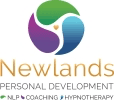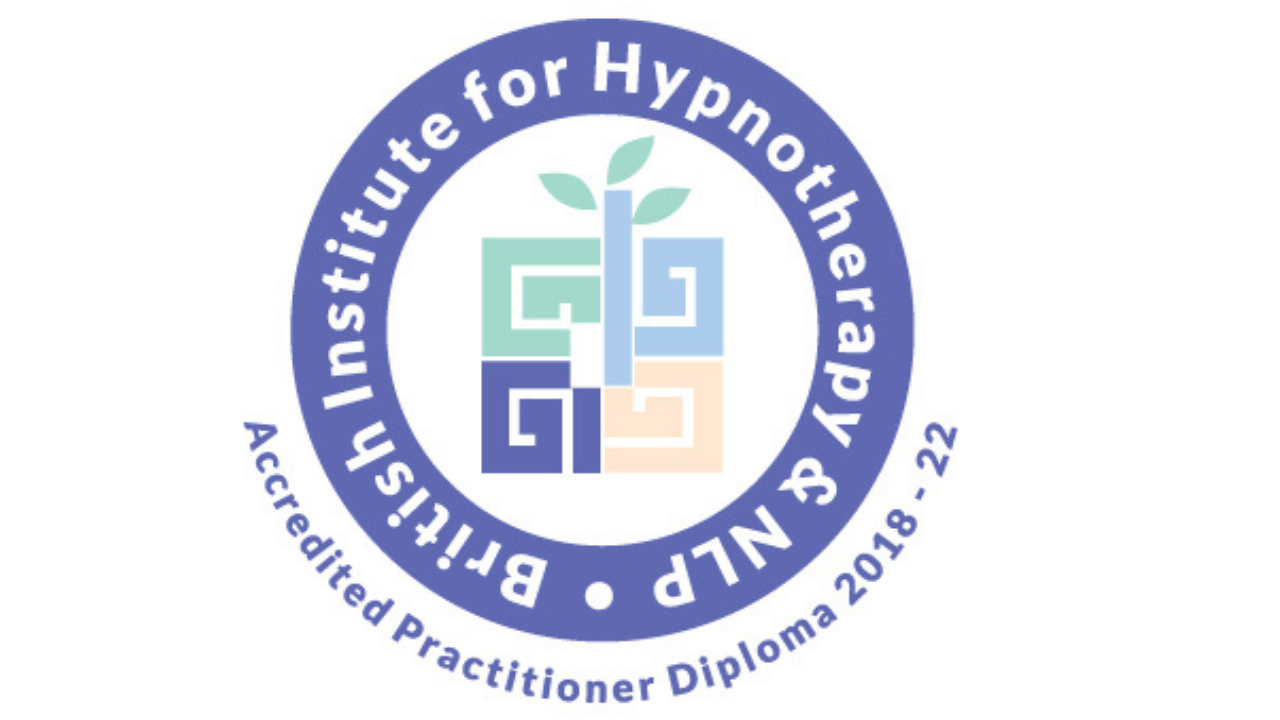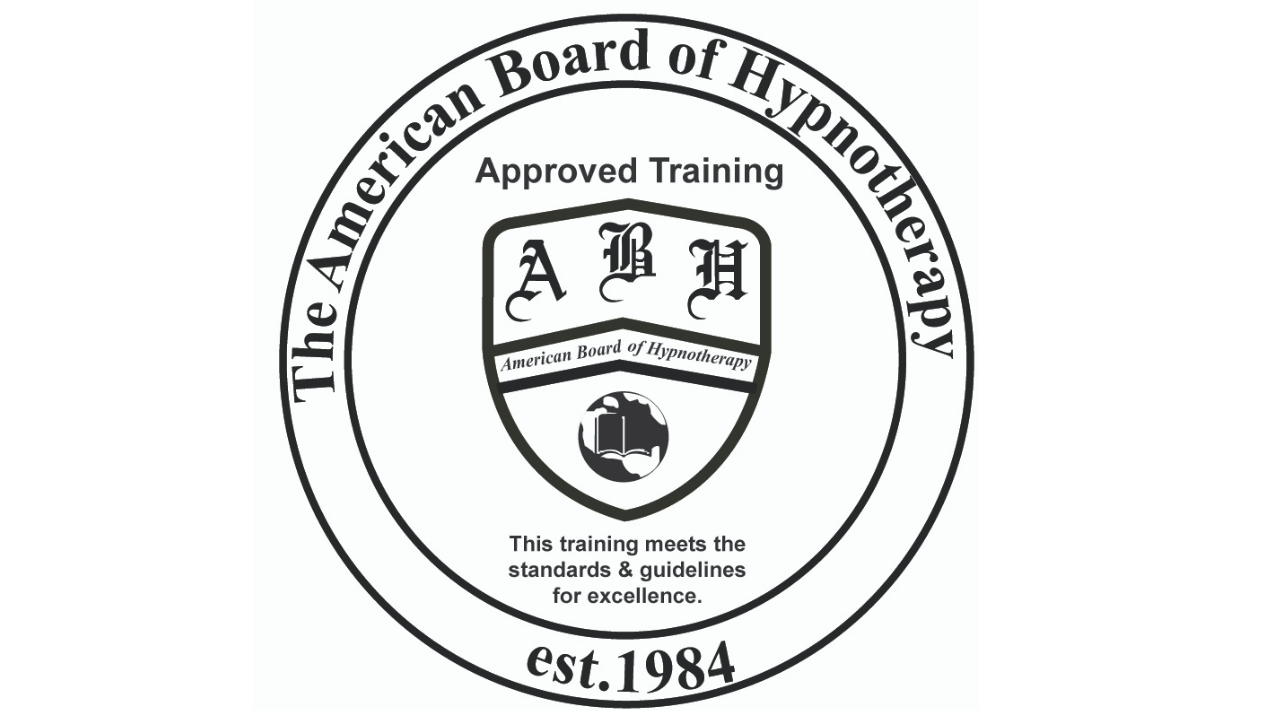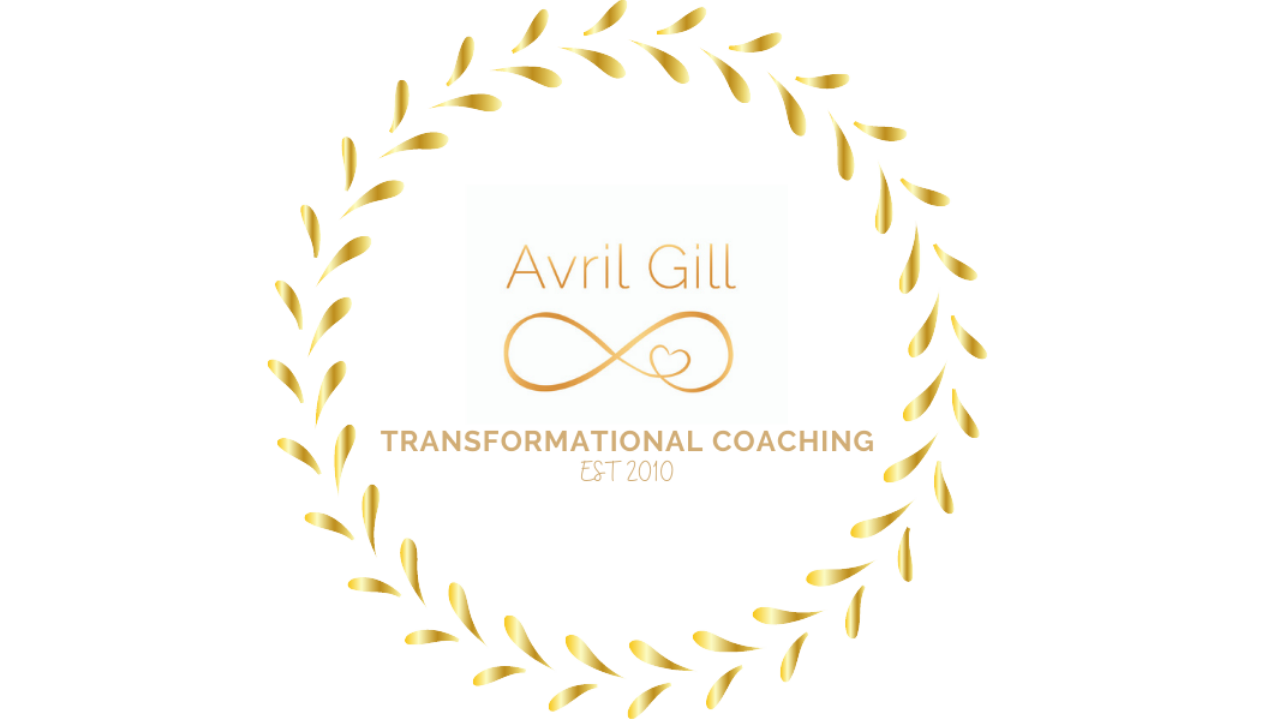 What is a Frame of reference? Our frame of reference determines our needs and desires in life and how we evaluate how successful we are. In NLP we call it a metaprogram. Metaprograms are advanced ways of thinking that control at an unconscious level how we perceive things. There are lot's of different ones and they all control how we perceive things in a variety of ways. Most people are completely unaware of their metaprograms. They can be easily understood however by observing your own and others behaviour and how we communicate and engage with others. Understanding your frame of reference can help you navigate through life far more easily and may even help you shed some light on times in your life where you have not felt confidence or felt that you struggled to be successful in your career or business. There are two types of frames of reference; Internal or External. The way we value feedback can give us a real insight as to whether or not we are either internally or externally referenced. Internal Frame of Reference A person who is internally referenced will most likely place either very little value on feedback or no value at all. An internally referenced person will use themselves as a guide to determine how good they are at a particular task, or motivate themselves. They require very little in the way of external feedback or validation from others to maintain high levels of motivation to get things done or come up with ideas. Generally speaking, they are self-starters and confident individuals. When they have an idea, or want to implement something new or novel they have little or no need seek approval, they take action. They do not look to others to find out if it is a good idea or concern about what others will think of them. They are the trailblazers and risk takers. Those people who are internally referenced need little feedback or praise and can get quite frustrated or even annoyed with continual praise. Nor do they feel the need to share all their success and everything they have achieved. Someone with a strong internal frame of reference is likely to have a clear purpose in life and enjoy clear goals with set outcomes and time frames. External Frame of Reference When we are children we all start life with an external frame of reference, it is vital for our growth and development. When young we tend to seek out advice or guidance from adults or people who have more experience and knowledge than us. When young having an external frame of reference is a great advantage and very useful, after all, we are not all born knowing how to walk or talk, this requires the help and guidance from others who know how to do it. An external frame of reference involves doing what we have to do or “should do”. It uses feedback from others (real or imagined) and external sources to guide and motivate action, to evaluate decisions. It needs lots of statistics and testimonials to know what others are doing. People with an external frame of reference, need lots of feedback, like children do, such as information, validation and praise. They are more likely to seek out the approval of others and will share all their achievements and success with the outside world to help validate what they have done. Someone using an external frame will of say things like "I am not sure, I will need to check that out" or "What do you think?" People with this frame often say words like "they", "other people", "you'. One of the biggest challenges for an externally framed person is their inability to be self-motivated often starting things and giving up or floating from one idea or project to another. They often have problems making their minds up about things and often won't change until others do, always looking to others for cues. An external frame will take criticism personally. It affects them at a deep level, and so very often they have low self-esteem because they take on people's opinions and use these to create their sense of self. Finding harmony It can be challenging changing your frame of reference as often it is connected to our values and beliefs, which we may have had since early childhood. Societal and cultural influences come into play here too. Learning to develop a strong believe that it is safe to receive feedback and being open minded and being able to be influenced will not mean that people can manipulate you is important if you want to learn to soften a very rigid internal frame. Being aware of when it is appropriate to have an external frame, like when you are learning for example. Moreover, knowing when it is not suitable, like always seeking other people's approval to define who you are or what you are good at can help to build an internal frame and weaken the external frame of reference. Spend some time observing yourself and how you interact with others, learn to understand your frame of reference and make changes so that you can create a greater harmony within yourself. A sturdy internal frame of reference, will, without a doubt mean you will be more confident in yourself and give you a much greater chance of success in life. Learn to cultivate a strong internal frame of reference and know when it is appropriate for you to soften this a little and become more flexible for you to learn and grow. If you want to connect with me or work with me, click here! Or come and join me over at my Private Facebook Coaching Group. To your success! Avril P.s Keep an eye out for the launch of my new book and the Transformational Yoga Retreat I will be teaching at in France in April next year!
0 Comments
Leave a Reply. |
AuthorAvril Gill, Hypnotherapist Transformational Coach & Hypnotherapy Trainer Archives
November 2017
Categories
All
|

 RSS Feed
RSS Feed



